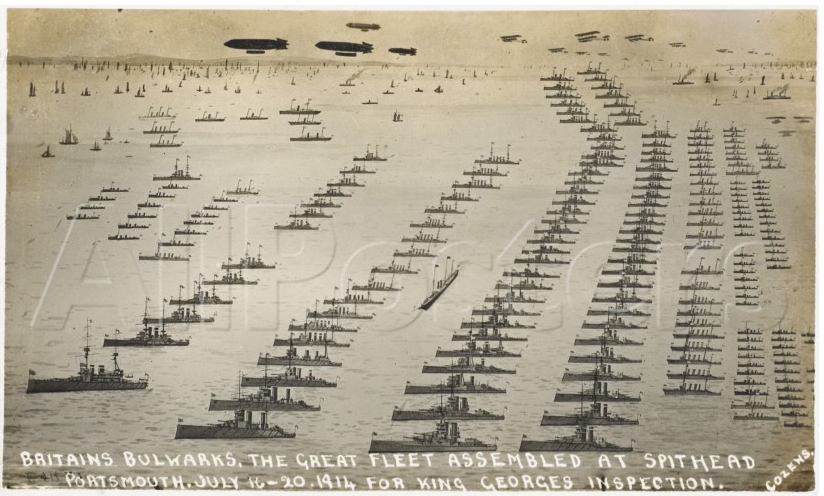Rápidos e gratuitos: os cursos MOOCs vão substituir os MBAs?
Ronald Alsop Da BBC Capital
Quando Luis Ochoa tentou dar um salto na sua carreira, deixando de ser analista de investimentos para virar estrategista corporativo, ele resolveu não fazer o óbvio neste mercado, que é obter um Master of Business Administration, ou MBA.
Em vez disso, ele fez alguns cursos gratuitos de estratégia e contabilidade financeira no site
Coursera, um dos maiores provedores de Massive Open Online Courses (cursos online abertos em massa, ou "MOOCs" na sigla em inglês).
"Eu ganhei uma base com esses cursos que me ajudou na transição para virar estrategista corporativo", diz o nova-iorquino de 29 anos. "Agora não pretendo fazer um MBA porque já estou onde queria chegar."
Como ele, um número cada vez maior de pessoas está buscando MOOCs como forma de se promover na carreira - sem necessidade de investir o mesmo tempo e dinheiro exigido por um título universitário tradicional.
O desafio para quem opta por essa modalidade é convencer seus empregadores e o mercado de trabalho sobre o valor destes cursos online.
"Nós ainda recebemos perguntas de várias empresas sobre o quão bons são os MOOCs, mas estamos percebendo que cada vez mais as empresas estão considerando esta modalidade para habilitar seus funcionários", diz Sebastian Thrun, da
Udacity, da Califórnia, que oferece esse tipo de curso.
Mais
 Expand
Expand Expand
Expand SÃO PAULO – Antes de escolher um destino para viajar, muitos se preocupam em conferir se o local é seguro. O Business Insider listou as 50 cidades mais violentas ao redor do mundo.
SÃO PAULO – Antes de escolher um destino para viajar, muitos se preocupam em conferir se o local é seguro. O Business Insider listou as 50 cidades mais violentas ao redor do mundo. Expand
Expand